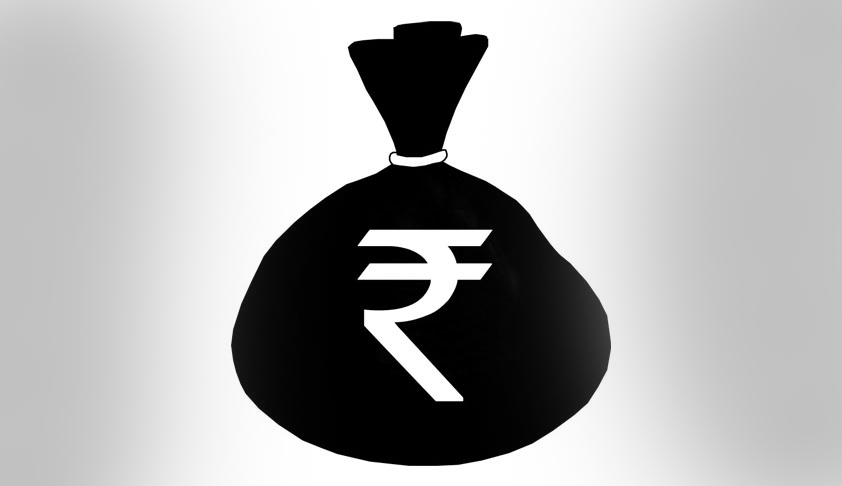
Black money is deep rooted in our economy and for years government has been coming up with new ways and means to identify people’s undisclosed incomes. A recent amendment proposed in Section 206C in Finance Bill 2016 which is now an income tax provision has grown concerns for people who have not been disclosing their actual incomes.
This week I’ll throw some light on this new provision wherein the government made it clear that if you will not disclose your actual income we will not let you spend your undisclosed income without our notice.
What is Section 206C?
Section 206C (1D) imposes a liability on the seller to collect tax @ 1% from the buyer on purchase of any goods or services. Though this provision has been in existence for many years but earlier it was applicable on specific goods and services. But now because of the amendment in Finance Bill 2016, it is now applicable on purchase of all goods and services who falls under the specific conditions.
When it is applicable?
If there is any sale of goods and services, the consideration of which exceeds Rs.2 lacs (other than bullion and jewellery) in a single bill and the payment of which either completely or partially has been made in cash; the seller is liable to collect tax @1% from the buyer.
The seller/service provider has to collect the tax irrespective of the fact that the buyer/ recipient of service is a trader, manufacturer or buying the goods or services for his/her personal use.
Note: In case of bullion and jewellery the sale consideration is Rs.2 lacs and Rs.5 lacs respectively. (The provision on bullion and jewellery has been in existence since 2012)
Furnishing the PAN
Not just this the seller/ service provider is required to take the PAN of the buyer or recipient and after due verification it has to be mentioned the bill as well. The seller in turn will furnish a certificate to the buyer stating that the tax has been collected and specifying the sum so collected and also the rate at which it has been collected.
Exceptions to the section
The only case wherein the seller is not liable to collect the tax is when the buyer/ service recipient deducts a tax on the payments made to seller.
Lack of clarity
Still a lot of debates are going on about the partial cash component wherein some are of the view that the partial cash component should also exceed Rs.2 Lacs for the seller to collect tax while others are of the view that it is not mandatory for the partial cash component to exceed Rs.2 Lacs. As they say prevention is better than cure, hence if you are seller/ service provider it’s better to collect tax when the sales consideration/ value of services exceeds Rs.2 lacs in a single bill and any component of it is received in cash
Purpose of the section and Our view
The finance bill clearly lays down that this provision has been made:-
- To reduce the quantum of cash transactions in sale of any goods and services
- To curb the flow of unaccounted money in the trading system
- To bring high value transactions within the tax net
These motives of the finance ministry have made it evident that going forward the changing tax regime would make it impossible for you to spend your undisclosed income. Hence it is advisable to disclose what you earn before you don’t get a chance to spend what you earn.